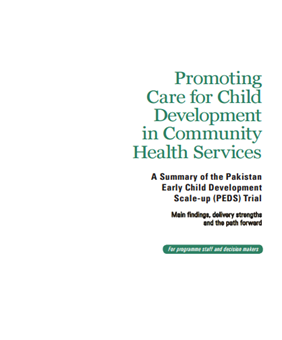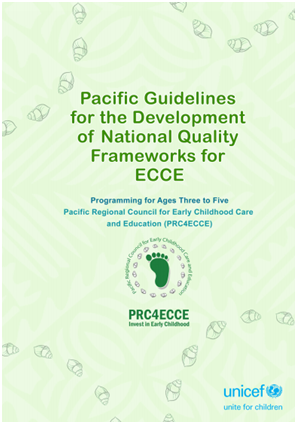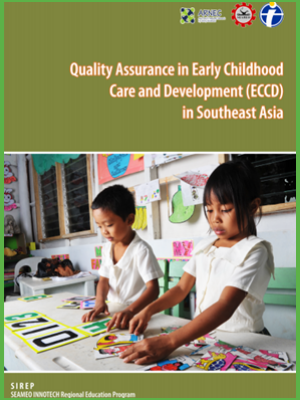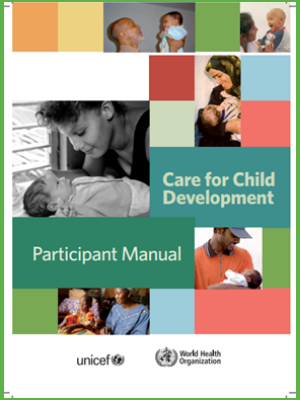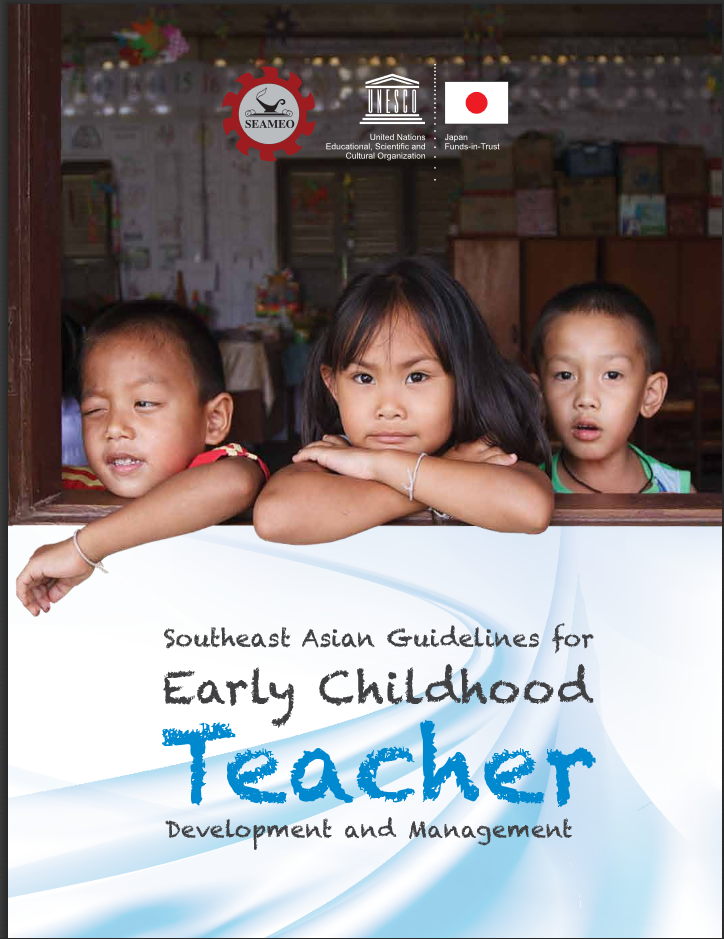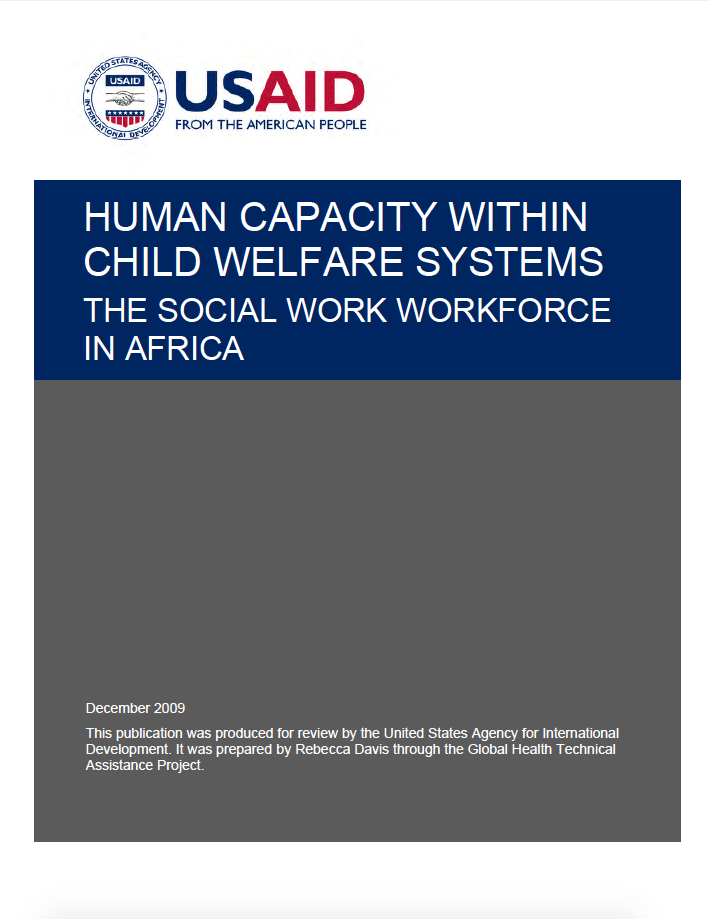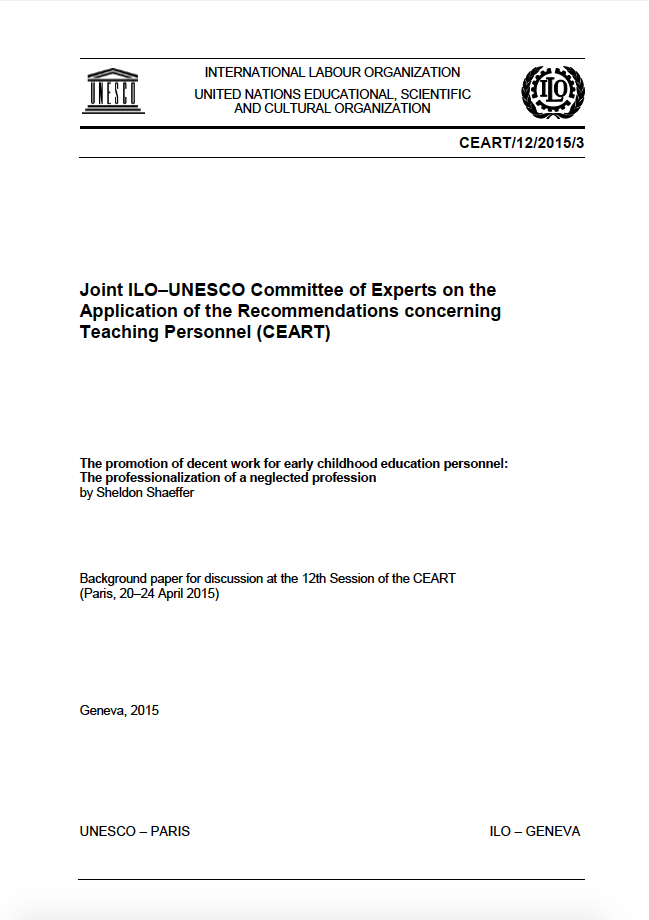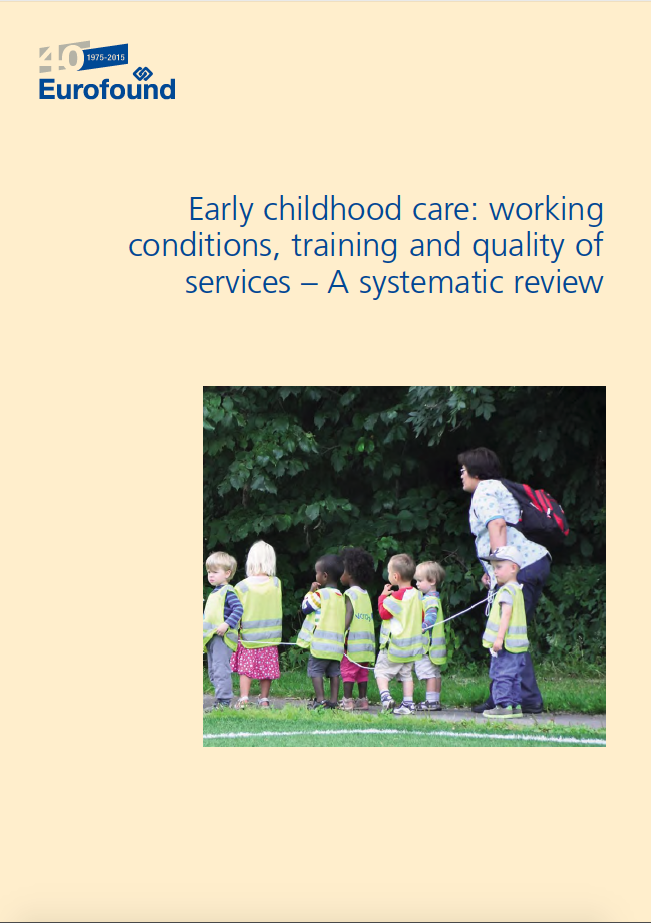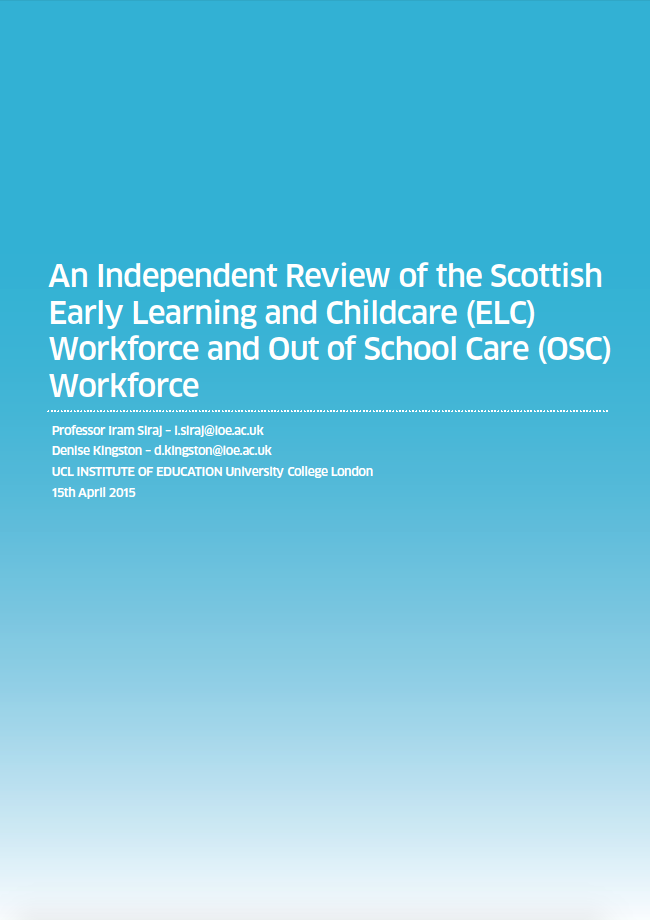Early Childhood Education and Services for All! - Policy Recommendations Derived from the Forum
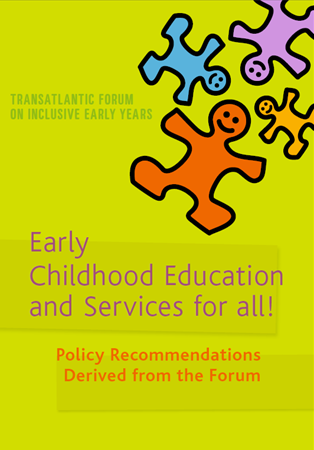
Ultimately, high-quality ECEC services must not only be accessible, affordable, and available, but also desirable and relevant to all families and responsive to changing demographics and evolving needs in order to be successful.
The recommendations that follow are intended to provide a comprehensive set of guiding principles for policymaking at the local, national, and federal levels, as well as for funders and other stakeholders, and are based on the knowledge generated from the Transatlantic Forum on Inclusive Early Years’ (TFIEY) convenings. While these recommendations are focused on issues in ECEC that may particularly impact children in a low-income or migrant context, they are considerations that can benefit all young children and families in ECEC systems across the EU and US regardless of their background. Investing in inclusive, high-quality ECEC is a win-win situation: for all children and their families and for society.


